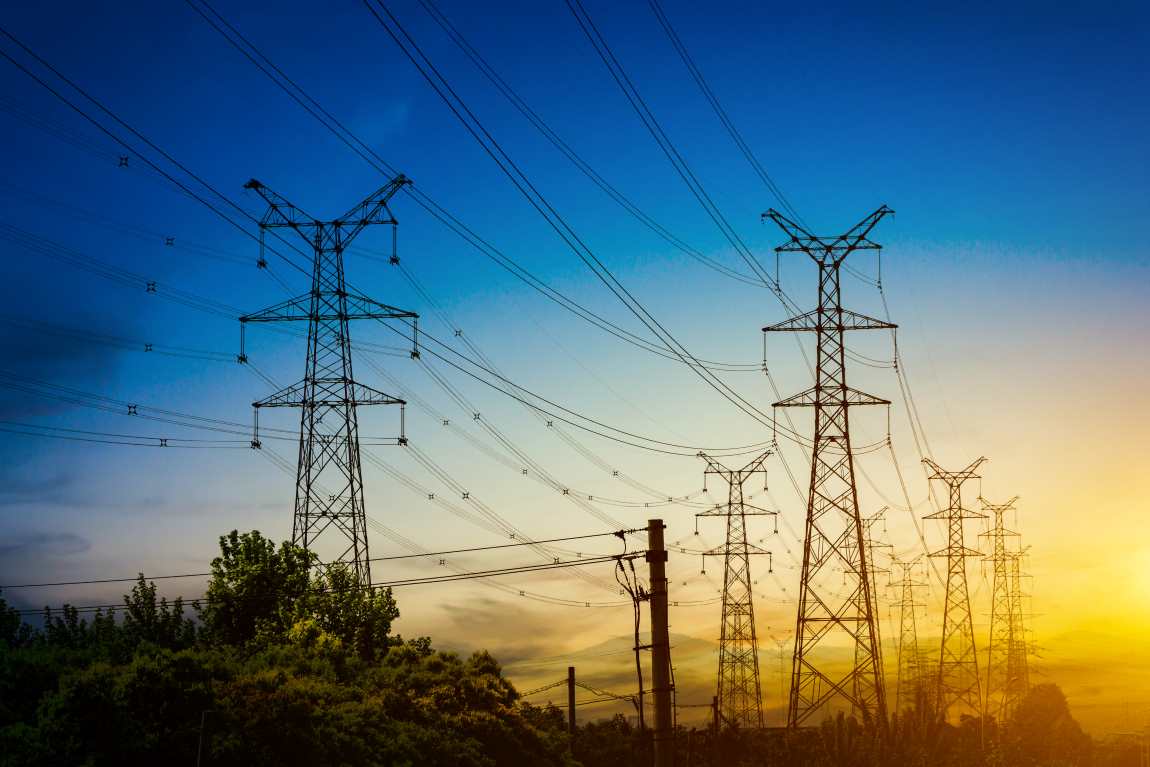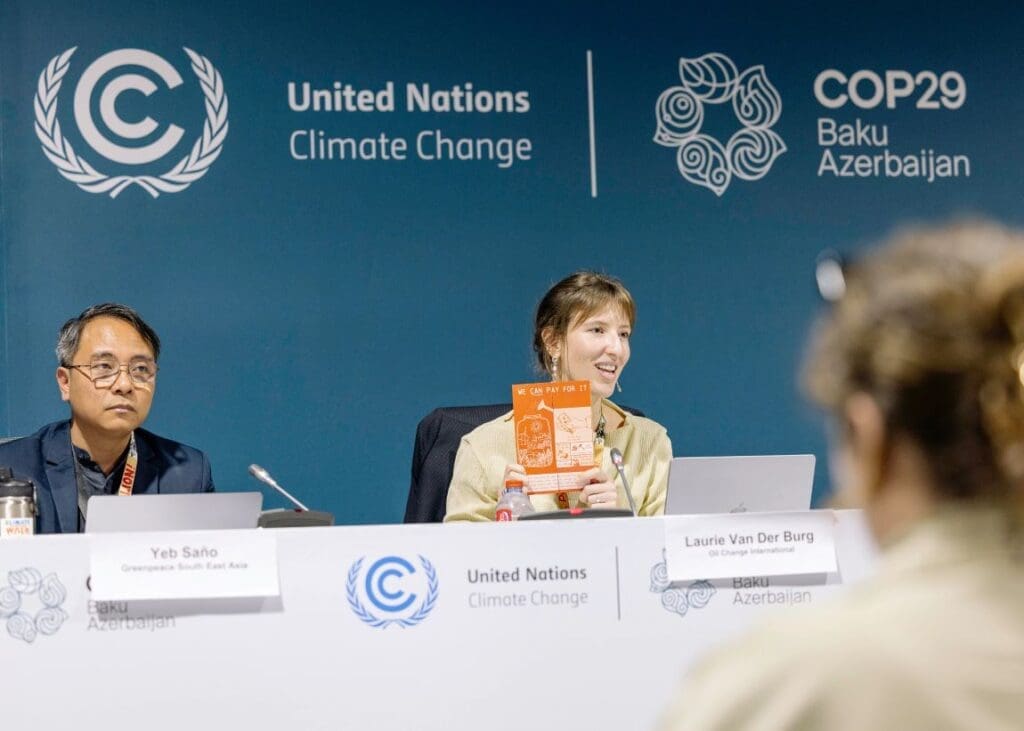By Nathalie ALONSO | AFP
Paris, France – More than half of the world’s electricity will be produced by low-emission sources before 2030 but the deployment of clean energy is “far from uniform” across the globe, the International Energy Agency said Wednesday.
Demand for oil, gas and coal is still projected to peak by the end of the decade, possibly creating a surplus of fossil fuels, the IEA said in its annual World Energy Outlook.
“In energy history, we’ve witnessed the Age of Coal and the Age of Oil,” said IEA Executive Director Fatih Birol.
“We’re now moving at speed into the Age of Electricity, which will define the global energy system going forward and increasingly be based on clean sources of electricity,” he said.
The report said clean energy “is entering the energy system at an unprecedented rate” with 560 gigawatts (GW) of renewables capacity added in 2023.
Almost $2 trillion in investments are flowing into clean energy projects each year, nearly double the amount spent on fossil fuel supplies, according to the Paris-based agency.
“Together with nuclear power, which is the subject of renewed interest in many countries, low-emissions sources are set to generate more than half of the world’s electricity before 2030,” it said.
But the IEA noted that the deployment of clean energy “is far from uniform across technologies and countries”.
The report comes a month before Azerbaijan hosts the UN’s annual climate conference, COP29, in Baku, from November 11 to November 22.
nal/lth/jj
© Agence France-Presse
Featured image credit: evening_tao | Freepik




